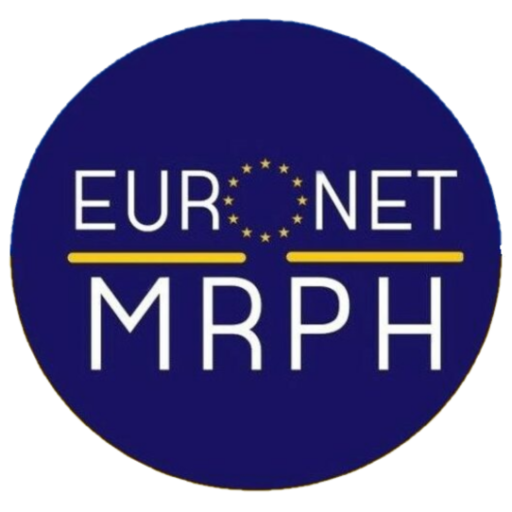Public Health in Austria
Although Austria has a long history of physicians working, researching and making breakthroughs in public health, official training of medical residents in public health (then called social medicine (
Sozialmedizin)) started in 1983 at the Institute of Social Medicine of the University of Vienna. With the changes of all medical residency programs in 2015, a new residency in public health was formed. The only recognized training site for the residency in public health is the Center for Public Health of the Medical University of Vienna.
Information about residency program
Pre-training requirements
Medical graduates after completing 6 years of medical school are elligible to start a residency program. Residency calls (publicly advertised tenders) are opening all year round, based on the needs and availability in various hospitals or medical centers. Candidates apply for the desired residency program and those that are chosen are hired for the duration of the residency.
Duration of training
Residency in public health lasts for 72 months (6 years) and consists of 3 separate parts:
- “Basic medical training” (Basisausbildung): lasts for 9 months and is designed to provide all medical residents with the basics of clinical work. This training is identical to almost all residency programs. During these 9 months residents need to rotate to at least one surgical and one conservative field (duration per rotation cannot be shorter than 3 months; more than 2 rotations are possible). Residents are obligated to do night and weekend shifts during this period.
- “Core subject training” (Grundausbildung): lasts for 36 months and is concieved to provide general public health training. During the 3 years the candidates work at the Centre for Public Health. During this period candidates do day-to-day public health work (epidemiological monitoring, evaluation of risks, infection disease control, evaluation of health systems, health care planing etc).
- “Focus training through elective modules” (Schwerpunkausbildung): lasts for 27 months. The candidates need to choose 3 elective modules, each of 9 months, to rotate. These serve as special in depth training in the sub-speciality field of the candidate’s interest. There are currently 6 modules on offer: “Quality control in health care”, “Epidemiology and health reporting”, “Health promotion and prevention of diseases”, “Protection from infection”, “Crisis management” and “Environmental health”. There is a potential 7th module, so called “Scientific module”, where the candidates can use 9 months to focus on scientific research.
Completion of residency training
For each phase of the residency training there is a certificate that logs the required experiences, knowledge and practical skils that the residents needs to complete. These are confimed by the residency supervisor in charge (an experienced public health specialist). Following the residency the candidate needs to pass a medical specialist exam (
Facharztprüfung), which is an oral exam in front of a committee consisting of public health specialists and one specialist of medical microbiology and hygiene.
Post-training careers
After training the specialist in public health can continue to work at governmental institutions such as public health agencies or ministries. After completing an additional exam public health specialists can also work as community doctors who do most of the “in the field” public health. Most remain in the academia and continue with scientific careers and provide consultancy work for various govermental and non-governmental stakeholders.
